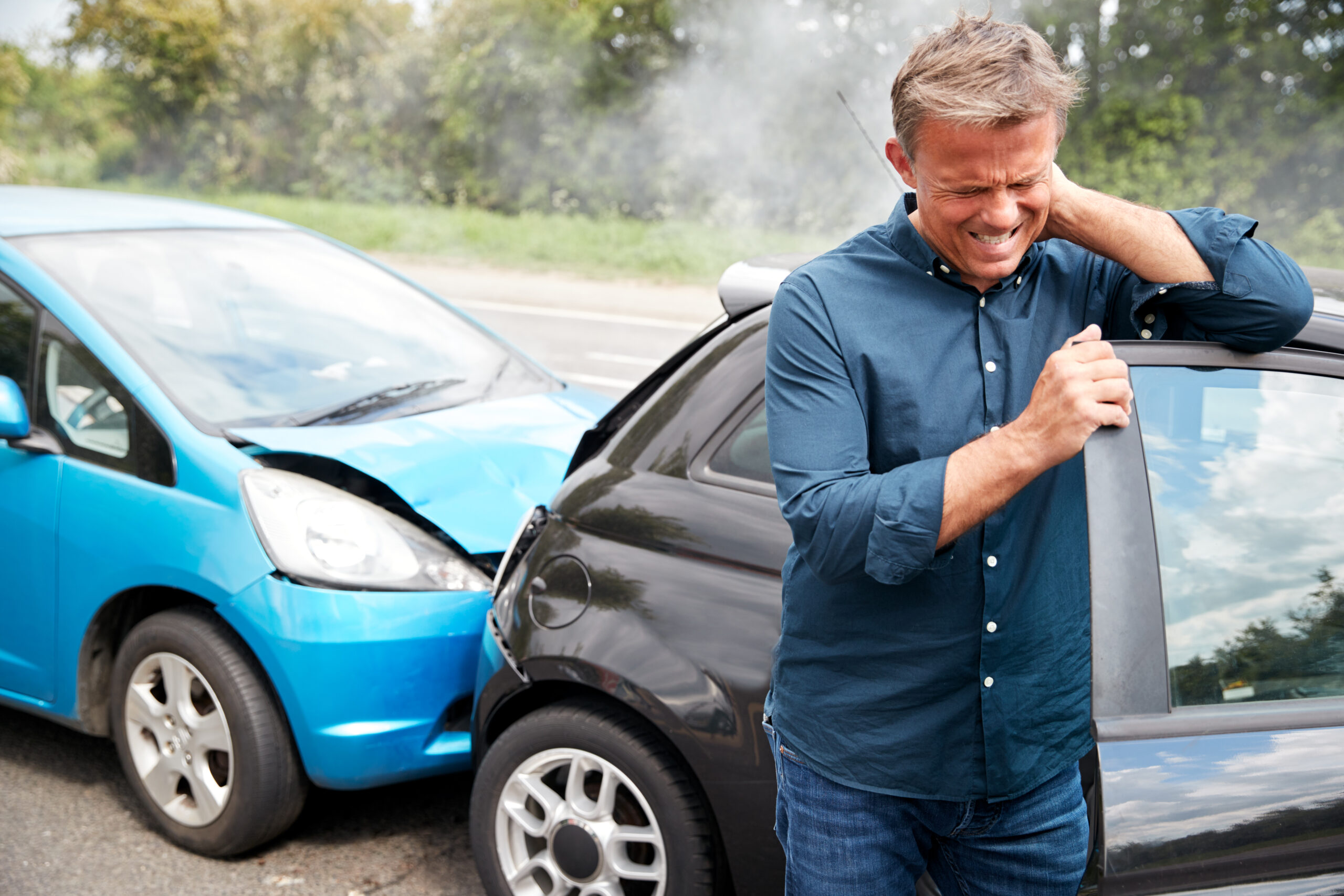Your Guide to Car Accident Injury Treatment and Successful Recovery – Guest Post

If you’ve ever been in an automobile accident, then you understand just how much it can turn your life upside down. Car accidents are an unfortunate reality, often resulting in injuries that require immediate and ongoing care. Understanding car accident injury treatment and the steps to successful recovery is essential for anyone involved in these types of incidents.
So, what is it that you need to know? This helpful guide will cover the essential aspects of post-accident treatment and what you should do after encountering such a traumatic event.
Immediate Steps After a Car Accident
The moments following a car accident can be chaotic and stressful. However, it’s essential to take these steps to ensure safety:
Ensure Safety: Move to a safe location and check for injuries.
Call Emergency Services: Contact emergency services to report the accident and get medical help.
Gather Information: Exchange information with the other parties involved and gather witness statements.
Document the Scene: Take photos of the accident scene, vehicle damage, and any visible injuries.
Seek Medical Attention: Even if injuries seem minor, seek medical evaluation to identify hidden or delayed symptoms.
Common Injuries from Car Accidents
Car accidents can cause a wide range of injuries. Here are a few of them:
1.Whiplash
Whiplash is one of the most common injuries resulting from car accidents, particularly rear-end collisions. It happens when the neck is quickly jolted back and forth, causing tension on the neck muscles and ligaments. Most symptoms involve neck pain, stiffness, headaches, and dizziness.
2.Head Injuries
Head injuries range from mild concussions to severe traumatic brain injuries (TBIs). Hurt individuals may experience headaches, confusion, dizziness, nausea, and loss of consciousness.
3.Back Injuries
Car accidents can cause a variety of back injuries, including herniated discs, spinal fractures, and muscle strains. This type of injury generally involes back pain, numbness, and difficulty moving.
4.Soft Tissue Injuries
Soft tissue injuries involve damage to muscles, ligaments, and tendons. Common types include sprains, strains, and contusions. Symptoms include pain, swelling, and bruising.
5.Psychological Injuries
The psychological impact of a car accident should not be overlooked. Anxiety, depression, and post-traumatic stress disorder (PTSD) are common psychological injuries that can significantly affect recovery.
Physical Therapy for Car Accidents
Physical therapy is essential for injury rehabilitation because it can minimize pain and prevent long-term complications. Here’s how:
Chiropractic Care
Chiropractors care treat musculoskeletal disorders, typically those involve the spine. They use manual adjustments and other techniques to alleviate pain, improve mobility, and promote healing.
Massage Therapy
Massage therapy is beneficial for relieving muscle tension, reducing pain, and improving circulation. It can also aid in relaxation and stress reduction, which are important for overall recovery.
Personalized Rehabilitation Plan
A personalized rehabilitation plan should be developed based on the specific injuries and needs of the individual. This plan may include a combination of physical therapy, occupational therapy, and other specialized treatments.
Undergoing Injury Rehabilitation
As mentioned earlier, physical therapy is essential for restoring mobility and function. Here are some other ways you can get into a better condition:
Occupational Therapy
Occupational therapy focuses on helping individuals regain the ability to perform daily activities. This may include exercises to improve fine motor skills, coordination, and cognitive function. Occupational therapists also provide adaptive strategies and equipment to facilitate independence.
Nutrition and Hydration
Proper nutrition and hydration are vital for healing and recovery. A balanced diet rich in vitamins, minerals, and protein can support tissue repair and overall health. Staying hydrated helps maintain energy levels and promotes optimal bodily functions.
Psychological Counseling
Psychological injuries require professional treatment to address anxiety, depression, and PTSD. Counseling and therapy can help individuals process their experiences, develop coping strategies, and improve their mental health.
Regular Follow-Up
Regular follow-up appointments with healthcare providers are essential for monitoring progress and making necessary adjustments to the rehabilitation plan. These appointments also provide an opportunity to address any concerns or complications that may arise.
Filing Personal Injury Claims
Car accidents often result in personal injury claims to seek compensation for medical expenses and other damages. Understanding the process of filing a personal injury claim can help ensure that individuals receive the compensation they deserve. Here’s what you need to know:
Documenting Injuries and Treatment
Thorough documentation of injuries and treatment is crucial for a successful personal injury claim. This includes medical records, treatment plans, and receipts for medical expenses. Photos of injuries and the accident scene can also serve as valuable evidence.
Legal Representation
Hiring a car accident law firm can significantly improve the chances of a successful claim. An attorney can navigate the legal process, negotiate with insurance companies, and advocate on behalf of the injured party to secure fair compensation.
Understanding Pedestrian Rights
Pedestrians involved in car accidents have specific rights that must be upheld. It’s essential to understand pedestrian rights to ensure proper compensation and protection. This includes the right to seek compensation for medical expenses, lost wages, and pain and suffering.
The Benefits of Physical Therapy
Physical therapy is a cornerstone of car accident injury treatment. Here are some key benefits of it:
Pain Reduction
Physical therapy can help reduce pain through targeted exercises and techniques. Therapists use various methods such as manual therapy, heat and cold therapy, and electrical stimulation to alleviate pain and promote healing.
Improved Mobility
Car accident injuries often result in limited mobility. Physical therapy focuses on restoring range of motion and flexibility, allowing individuals to regain their independence and perform daily activities.
Strength Building
Injuries can weaken muscles and joints, making it challenging to perform even simple tasks. Physical therapy includes strength-building exercises to restore muscle function and improve overall strength and endurance.
Prevention of Long-Term Complications
Physical therapy helps prevent long-term complications by addressing injuries early and promoting proper healing. This can reduce the risk of chronic pain, stiffness, and disability.
Successful Car Accident Injury Treatment
Recovering from a car accident requires a comprehensive approach that includes immediate medical attention, post-accident treatment, and more. By following the suggestions above, you can get the car accident injury treatment you deserve after a collision.

